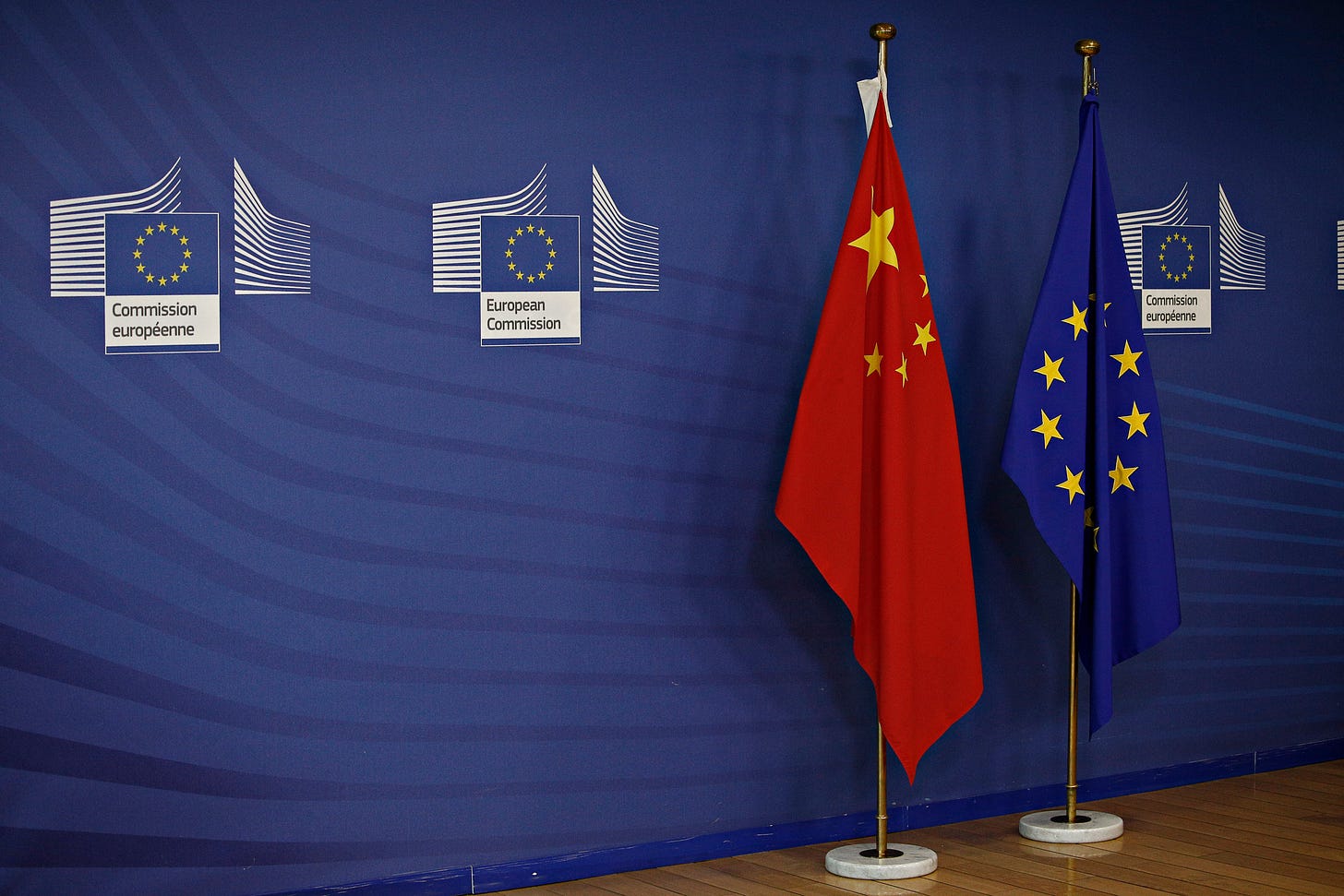Whither EU-China Relations?
The EU and China have "diametrically opposed ways of thinking about their bilateral relations ... both sides may need to take a step back from their respective approaches." – Fudan Prof. Jian Junbo
Hello from Shanghai,
Last week, Sinification looked at how the EU’s and the US’s new “de-risking” slogan was being interpreted in China. Today’s edition continues with this theme and focuses on a new instalment of Fudan University’s China-Europe Watch assessing the implications for EU-China relations of the European Council’s “conclusions on China” dated June 30. Although the softening in tone of these “conclusions" when compared with the Commission’s recent pronouncements on China is acknowledged, the scholars cited below remain well aware that the EU’s growing emphasis on its competition and systemic rivalry with China is probably here to stay. The question then becomes, how does one move forward from here? How can both sides preserve sufficient space for the cooperative elements in their relationship? And, of course, how to prevent the EU from aligning itself too closely with the US’s China policy? These scholars believe that both sides need to rethink their approaches to one anoth…



